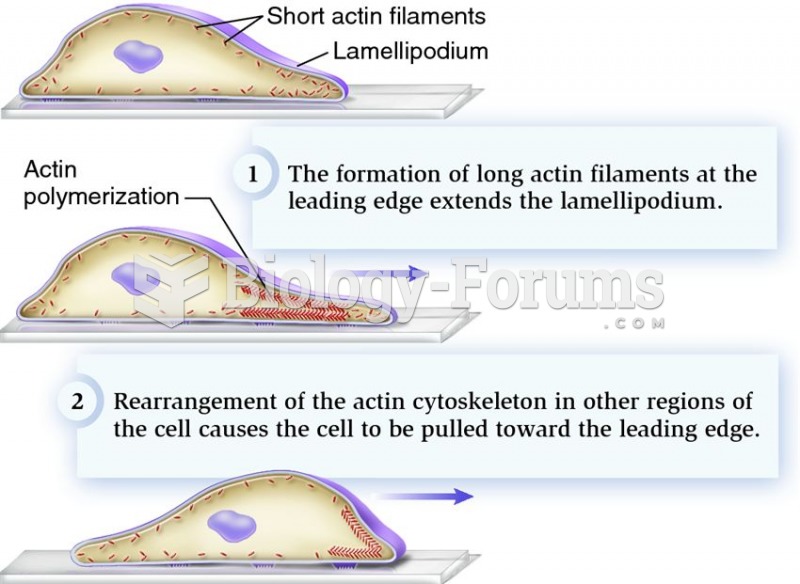|
|
|
More than 34,000 trademarked medication names and more than 10,000 generic medication names are in use in the United States.
According to the National Institute of Environmental Health Sciences, lung disease is the third leading killer in the United States, responsible for one in seven deaths. It is the leading cause of death among infants under the age of one year.
Though Candida and Aspergillus species are the most common fungal pathogens causing invasive fungal disease in the immunocompromised, infections due to previously uncommon hyaline and dematiaceous filamentous fungi are occurring more often today. Rare fungal infections, once accurately diagnosed, may require surgical debridement, immunotherapy, and newer antifungals used singly or in combination with older antifungals, on a case-by-case basis.
Nearly 31 million adults in America have a total cholesterol level that is more than 240 mg per dL.
In the United States, an estimated 50 million unnecessary antibiotics are prescribed for viral respiratory infections.







